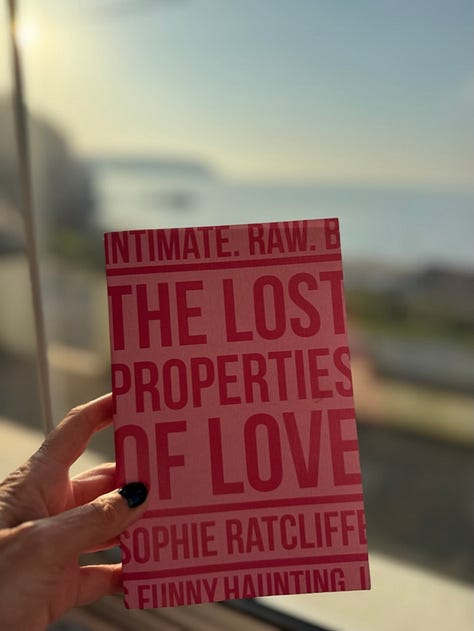
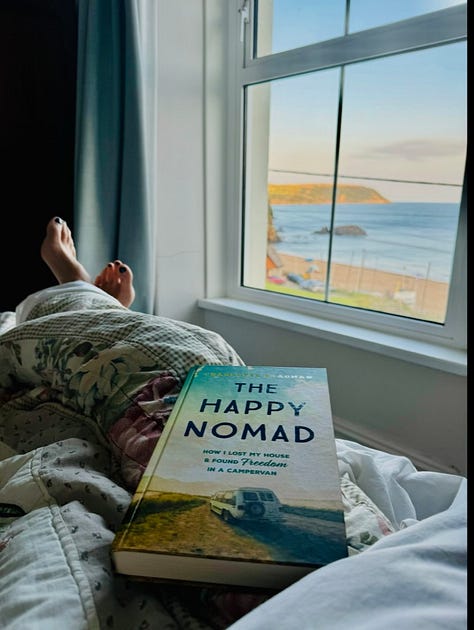
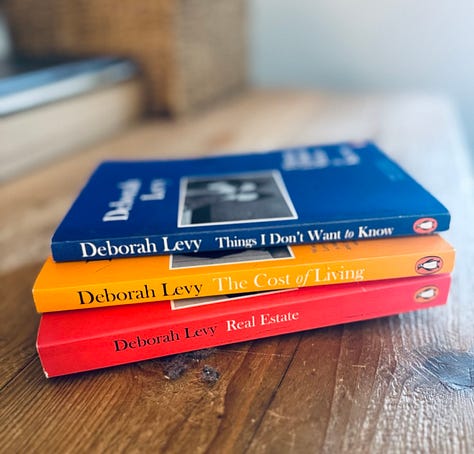
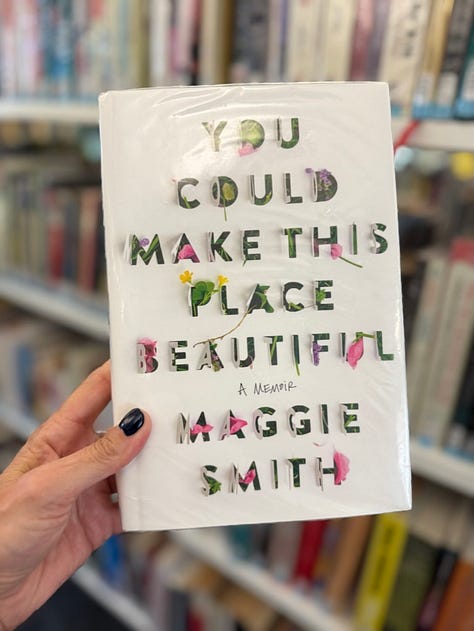
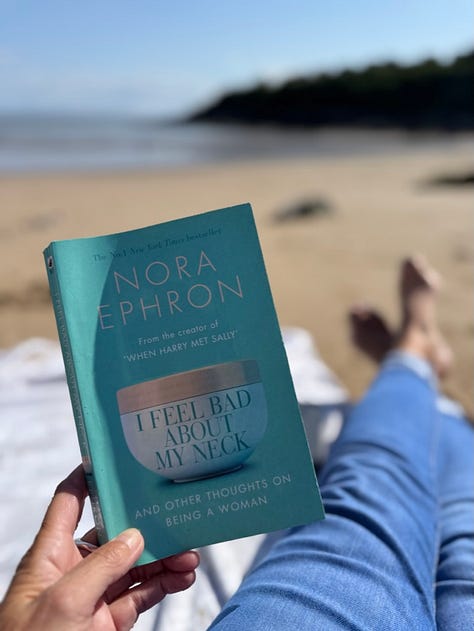
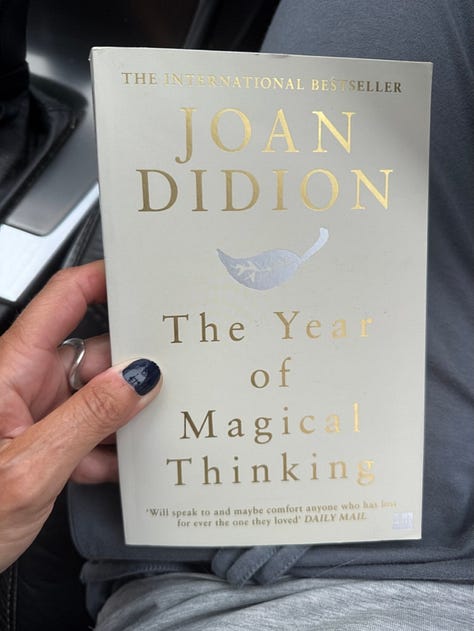
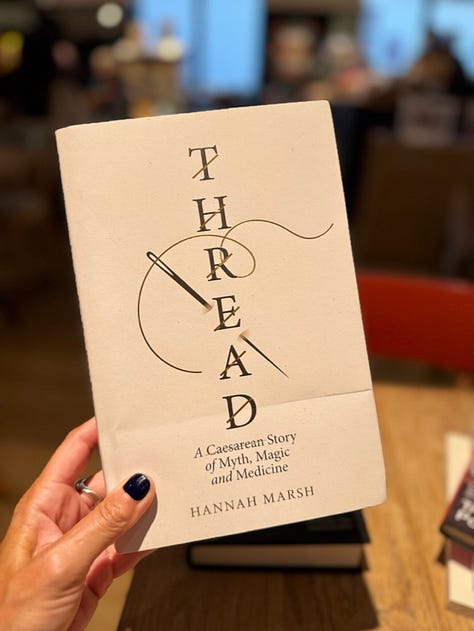
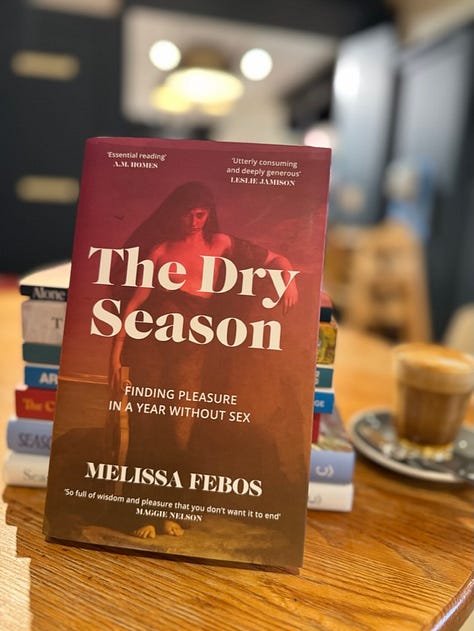
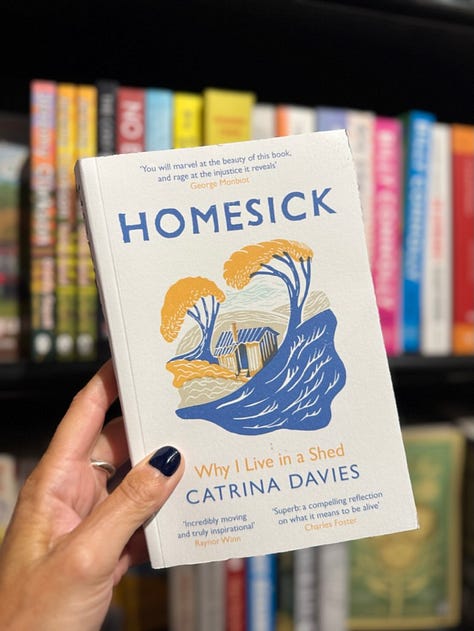
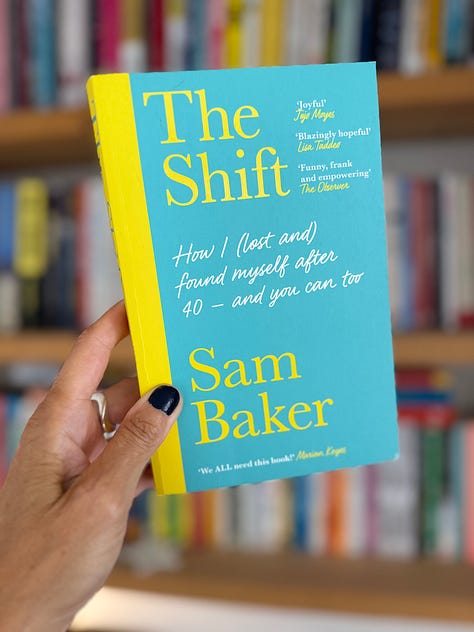
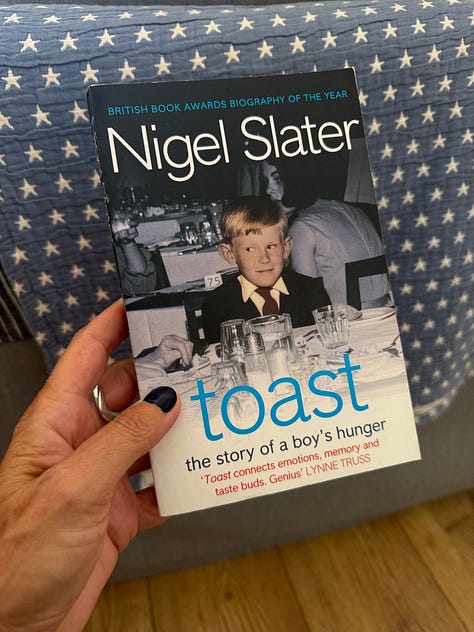
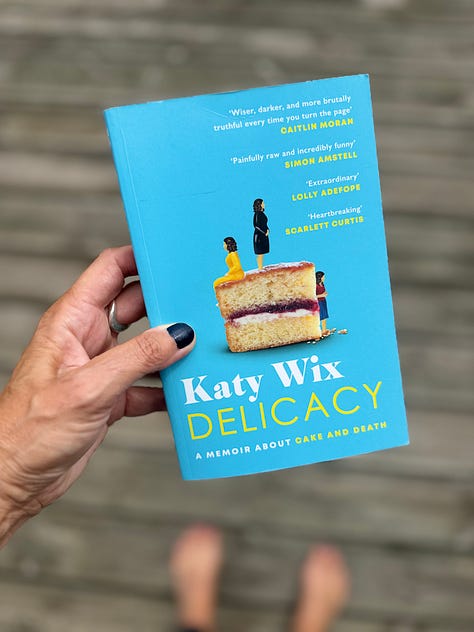
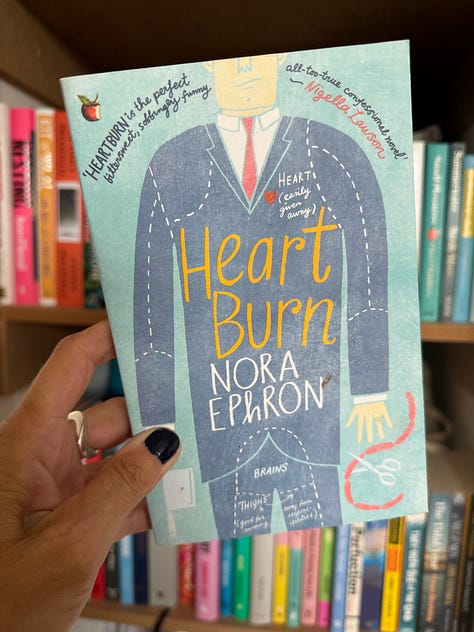
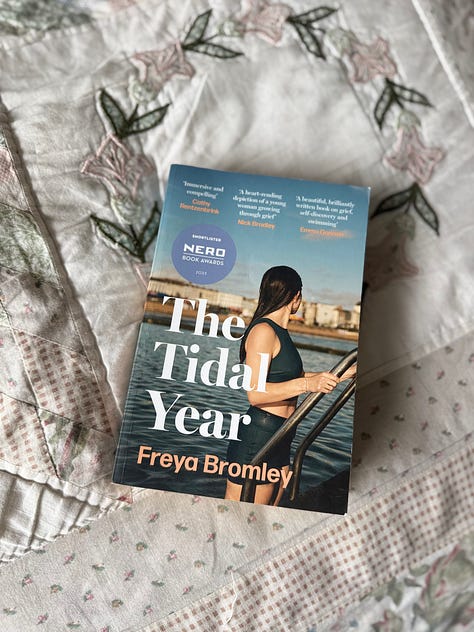
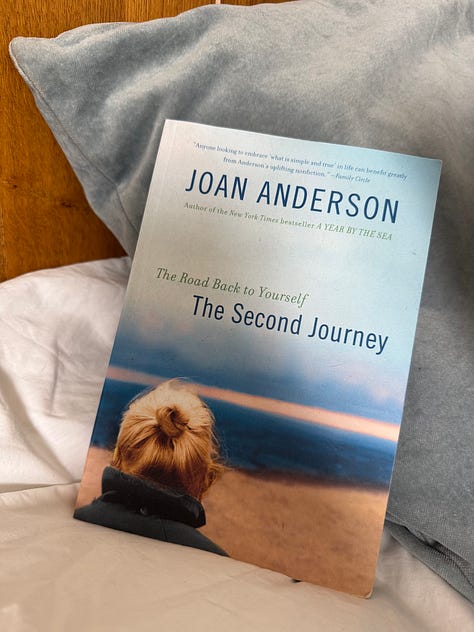
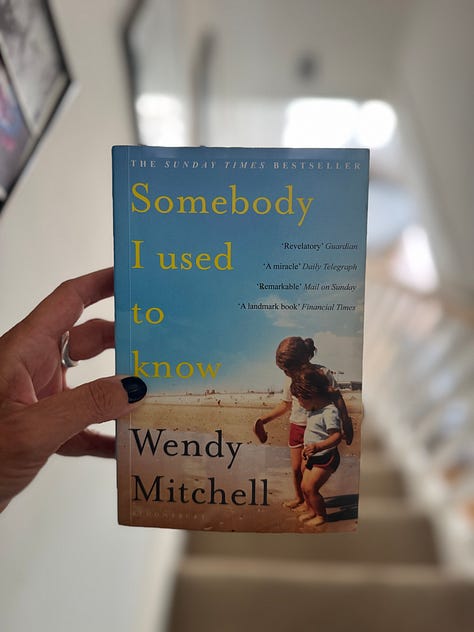
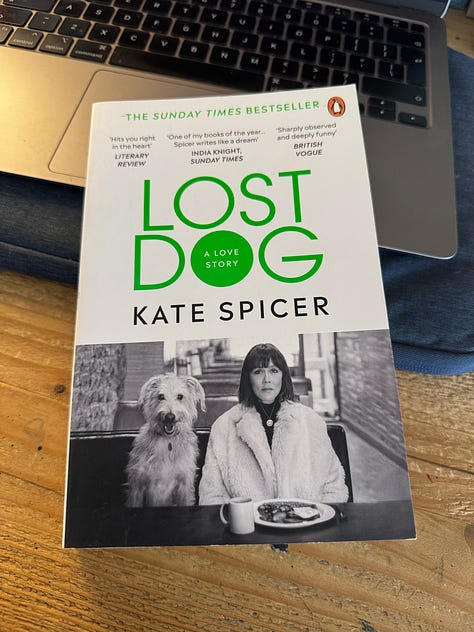
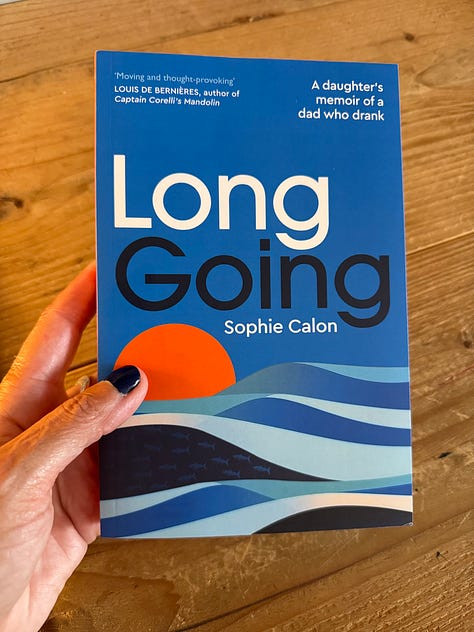
If you’ve just discovered my Substack or have been a regular free subscriber to my newsletter ‘with ease’ thanks for taking the time to connect. I dearly hope this essay resonates and if you find some value in my writing please consider becoming a paid subscriber. Thank you in advance, it really does mean the world to me.
Dear friend
How is it Sunday again?!
How is it mid July?
How are you?
I’m sat here now wrestling with writing my memoir about my long distance love affair with a beach house in west Wales. I’m trying to capture what it means to love a place that I’ll never own. But the words aren’t flowing.
So I’ve decided to pause writing my memoir for the time being, so I can write this Substack essay, about how I find myself returning to the memoirs that have shaped me, as a reader and now as an aspiring writer.
If you’re like me, you love a good memoir, and maybe one day you’ll write your own, I think you’ll enjoy this essay. I’ve wanted to share some of my absolute favourite me…


